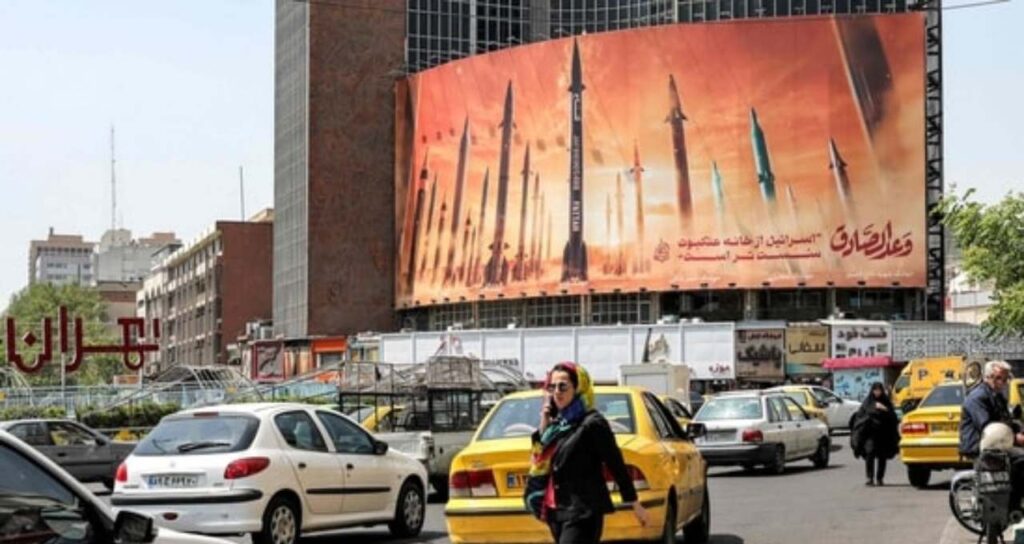Resolving complex geopolitical tensions between Israel and Iran. Finding the delicate balance between all-out war and measured retaliation in the Middle East

The longstanding tensions between Israel and Iran have once again come to the forefront, raising concerns about the stability of the Middle East. As two powerful nations with divergent interests, their interactions have shaped regional dynamics and global security. Let’s delve into the complexities of this geopolitical struggle:
- Historical Context:
Israel and Iran share a complex history. Prior to the 1979 Iranian Revolution, the two countries maintained diplomatic relations.
However, after the revolution, Iran’s Islamic regime adopted an anti-Israel stance, leading to strained relations.
- Nuclear Ambitions:
Iran’s nuclear program has been a major issue of controversy. Israel views a nuclear-armed Iran as an existential threat.
Israel’s intelligence agencies have closely monitored Iran’s nuclear activities, leading to covert operations like the Stuxnet cyberattack.
- Proxy Wars and Regional Influence:
Both nations engage in proxy conflicts across the Middle East. Iran supports Hezbollah in Lebanon and various Shia militias in Iraq and Syria.
Israel, on the other hand, targets Iranian assets in Syria and Lebanon, aiming to curb Tehran’s influence.
- Syria’s Role:
Syria has become a battleground for Israel and Iran. The Syrian civil war allowed Iran to establish a military presence near Israel’s borders.
Israel has conducted airstrikes against Iranian positions in Syria, escalating tensions.
- Hezbollah’s Arsenal:
Hezbollah, backed by Iran, has amassed a formidable arsenal of rockets and missiles.
Israel fears that these weapons could be used in a future conflict, prompting preemptive strikes.
- Assassinations and Covert Operations:
The assassination of Iranian nuclear scientists and military officials has intensified hostilities.
Israel’s Mossad is rumored to be behind some of these targeted killings.
- Diplomatic Efforts and Regional Alliances:
Diplomatic channels remain open, albeit strained. International agreements like the Joint Comprehensive Plan of Action (JCPOA) attempted to address Iran’s nuclear program.
Israel seeks support from its allies, particularly the United States, to counter Iran’s influence.
- The Role of the United States:
The U.S. plays a pivotal role in the Israel-Iran equation. It supports Israel militarily and diplomatically.
However, the Biden administration’s efforts to revive the JCPOA have caused friction with Israel.
- The Balancing Act:
Both nations walk a tightrope—avoiding an all-out war while asserting their interests.
Escalation remains a constant risk, with potential consequences for the entire region.
- The Way Forward:
Dialogue, de-escalation, and regional cooperation are essential.
The international community must engage both Israel and Iran to prevent further destabilization.
In this high-stakes game, the world watches closely, hoping for measured responses rather than catastrophic conflict. The delicate balance between war and restraint hangs in the balance, affecting millions of lives in the Middle East and beyond.